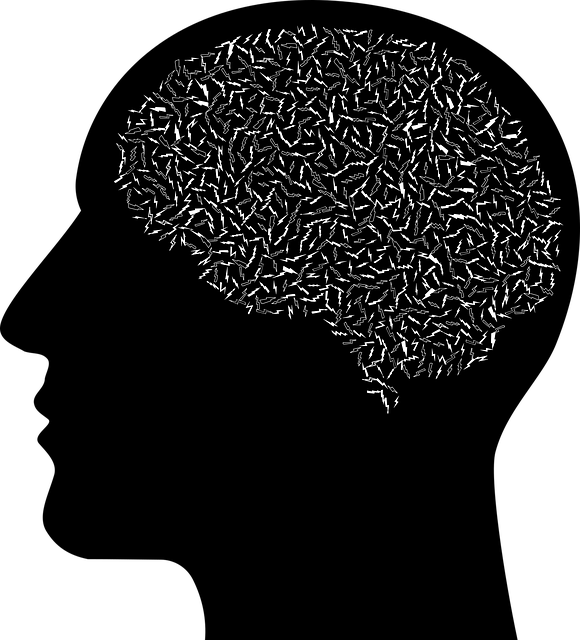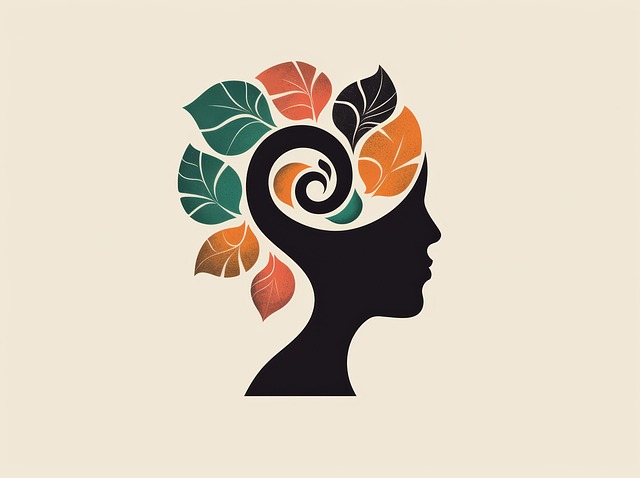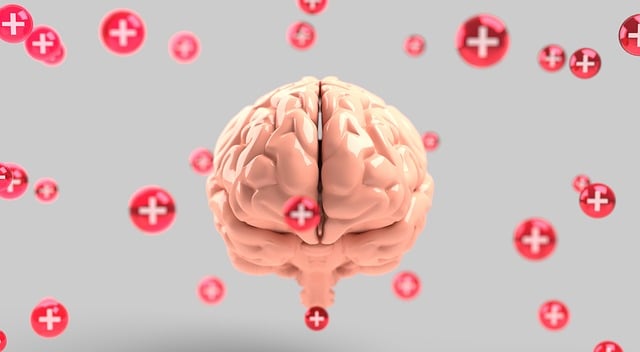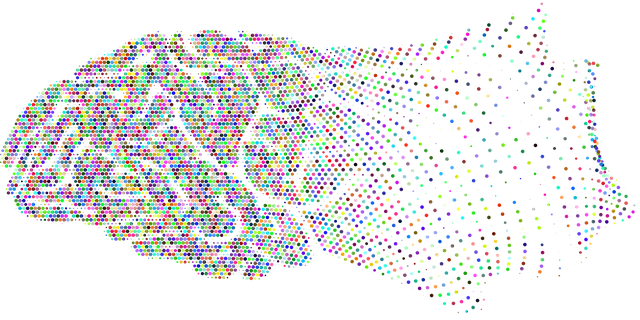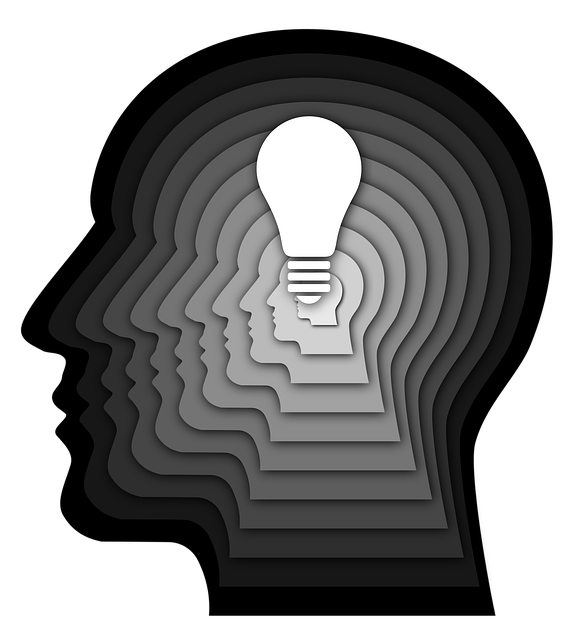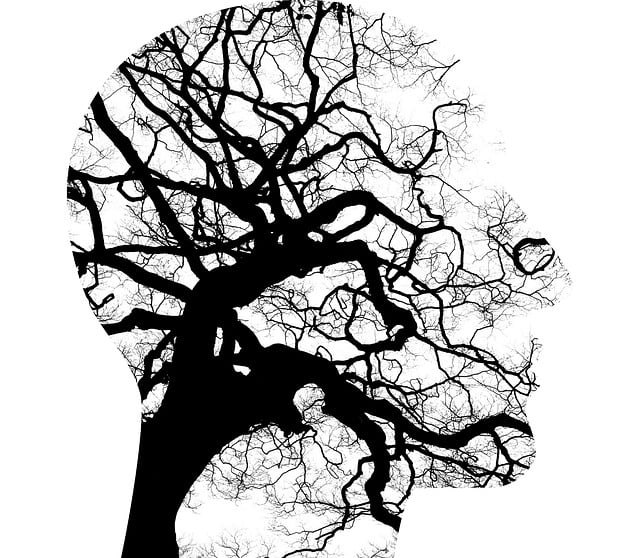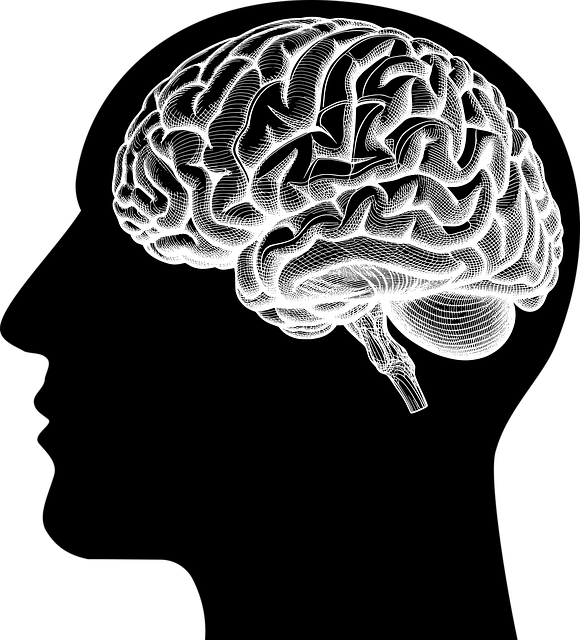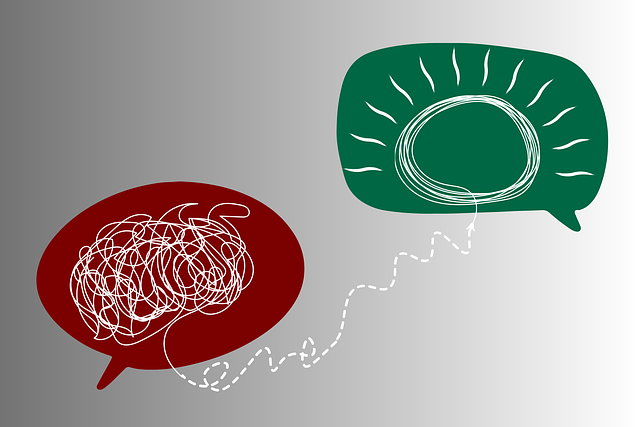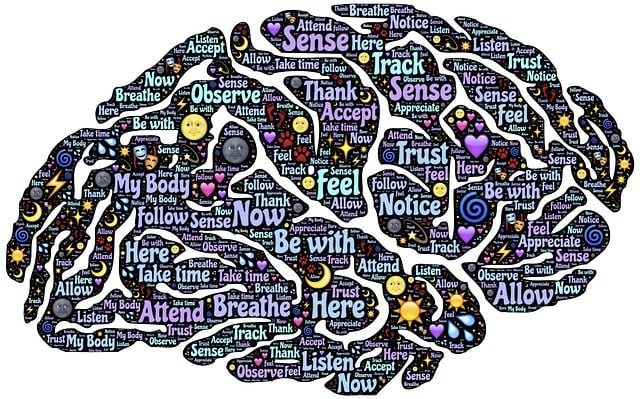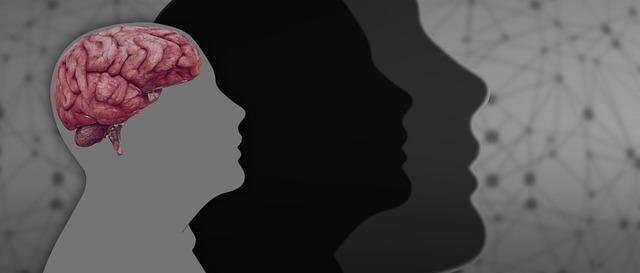Understanding the profound impact of chronic pain on mental health is key to effective treatment at Lakewood Chronic Pain Therapy. Their comprehensive programs integrate mental health education, teaching coping strategies, stress management, and mood regulation through interactive workshops, diverse resources, and follow-up sessions. This holistic approach, culturally sensitive to varied patient needs, combines theoretical knowledge with practical tools for immediate relief and long-term mental well-being, reflecting the dedication of Lakewood Chronic Pain Therapy to comprehensive patient care.
Mental health is a critical aspect of overall well-being, especially for individuals living with chronic pain. This article explores the design of an educational program aimed at addressing mental health challenges prevalent among chronic pain sufferers. By understanding these challenges, we can develop effective programs like the Lakewood Chronic Pain Therapy initiative. We’ll delve into key components, implementation strategies, and support systems to enhance mental resilience and improve patient outcomes.
- Understanding Mental Health Challenges in Chronic Pain Sufferers
- Key Components of an Effective Education Program
- Implementation and Support Strategies for Lakewood Chronic Pain Therapy
Understanding Mental Health Challenges in Chronic Pain Sufferers

Understanding mental health challenges among individuals suffering from chronic pain is a critical aspect of designing effective Lakewood Chronic Pain Therapy programs. Chronic pain conditions can significantly impact an individual’s overall well-being, including their emotional and psychological state. Many patients struggle with mood disorders, anxiety, and depression alongside their physical symptoms. These co-occurring mental health issues often complicate the treatment process and require specialized care.
Mental wellness is a key component in managing chronic pain, as it involves learning coping strategies for stress, anger management techniques, and effective mood management skills. Integrating mental health education into therapy programs equips patients with tools to navigate the emotional challenges associated with their condition. By addressing these aspects, Lakewood Chronic Pain Therapy can enhance the overall effectiveness of treatment, promoting better patient outcomes and improved quality of life.
Key Components of an Effective Education Program

An effective mental health education program, such as those offered by Lakewood Chronic Pain Therapy, should be multifaceted and inclusive. The key components include interactive workshops that foster open discussions on various mental health topics relevant to the target audience. These workshops can delve into resilience building, emotional healing processes, and self-esteem improvement techniques, empowering participants with practical tools to manage their well-being.
Additionally, incorporating multimedia resources, guest speakers from diverse backgrounds, and regular follow-up sessions ensures a comprehensive learning experience. By combining theoretical knowledge with hands-on activities, these programs create a safe space for individuals to learn, heal, and grow. This holistic approach not only addresses immediate concerns but also equips participants with long-lasting coping strategies for maintaining mental health.
Implementation and Support Strategies for Lakewood Chronic Pain Therapy

Implementing a comprehensive mental health education program for Lakewood Chronic Pain Therapy requires strategic planning and support mechanisms to ensure its success. One effective strategy is to incorporate Cultural Sensitivity in Mental Healthcare Practice, addressing the diverse needs of the patient population. By fostering an inclusive environment, healthcare providers can better understand and cater to the unique cultural beliefs and practices related to pain management. This approach not only enhances patient engagement but also improves treatment adherence.
Moreover, resilience-building techniques and self-care practices should be integral components of the program. Educating patients on managing their mental health alongside chronic pain encourages proactive coping strategies. Through group sessions or personalized guidance, individuals can learn valuable skills to navigate stress, anxiety, and depression effectively. By integrating these evidence-based practices, Lakewood Chronic Pain Therapy can empower patients to take control of their well-being, leading to improved outcomes and a higher quality of life.
Mental health education plays a pivotal role in enhancing the well-being of individuals with chronic pain, such as those engaged in Lakewood Chronic Pain Therapy. By integrating knowledge and skills focused on managing mental health challenges, this program empowers patients to navigate their pain journeys with resilience. The key lies in a comprehensive curriculum that educates, supports, and fosters self-care practices tailored to individual needs. Through effective implementation strategies, the Lakewood Chronic Pain Therapy program can significantly improve outcomes, enabling participants to achieve a better quality of life.
